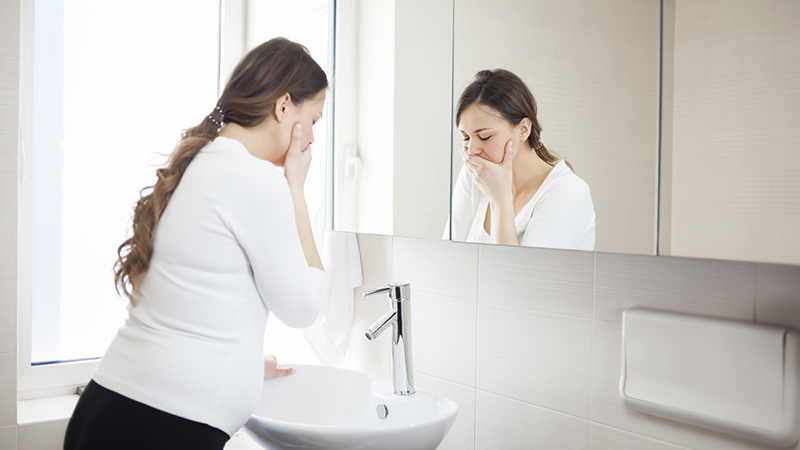Is My Digestion Normal?
Answers From a Gastroenterologist
Published March 2022
The digestive system is made up of the gastrointestinal tract (GI tract) as well as the liver, pancreas and gallbladder. Your mouth, esophagus, stomach, small intestine, large intestine and anus comprise your GI tract, which has a microbiome of bacteria.
Together, these organs and your microbiome work with your body to digest what you eat and drink every day.
Everyone's digestion is different.— Leila Kia, MD
But what does that mean? And what happens when things go wrong?
Leila Kia, MD, a gastroenterologist at Northwestern Medicine, breaks down what you need to know about digestion and whether your pattern is "normal."
The Importance of Digestion
To function and to stay healthy, your body needs nutrients. Digestion is your body's way of breaking down and absorbing nutrients from the foods and liquids you consume.
Healthy digestion patterns can vary from person to person, but Dr. Kia says there are some general principles that apply to everyone.
"Our bodies break down food so the nutrients and vitamins can be absorbed and used for energy," she explains. "Any waste products that are not absorbed are excreted as stool, and this process should be painless and seamless."
Red Flags to Watch For
"There is not a hard and fast rule on how many bowel movements are 'normal,'" explains Dr. Kia. "But any change from the ordinary may suggest digestion problems."
Here are some signs that you might have a problem with your digestive system:
- New diarrhea or constipation that does not resolve within a few days
- Excessive or new bloating
- Nausea, vomiting and abdominal pain
You should seek immediate care if you:
- Notice blood in your stool
- Have severe nausea or vomiting
- Are unable to have a bowel movement or to keep food down
- Experience extreme bloating or abdominal pain
No matter what red flags you identify, if you have a concern about your digestion, your physician can help you work through it.
"Everyone's digestion is different," explains Dr. Kia. "Don't compare your bowel habits to others. If you notice a change from your usual pattern, contact your doctor."






